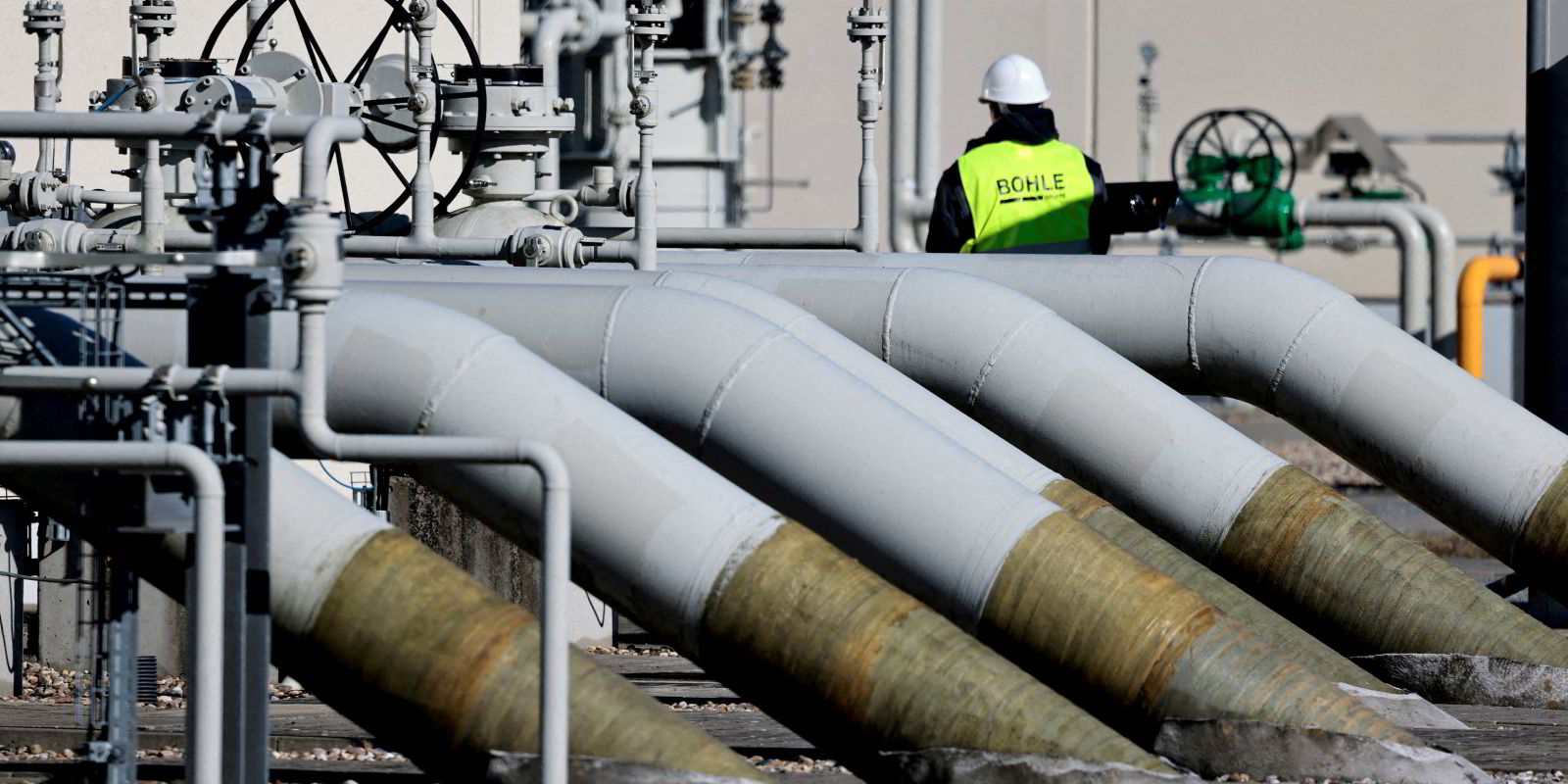The squeeze on conventional energy supplies has been one of the most serious consequences of Vladimir Putin’s war on Ukraine for the rest of the world. And although it would be rather crass to label it a ‘silver lining’, an unintended outcome of this seems to be the acceleration of the low-carbon economy.
Trader Trafigura’s decarbonisation lead said as much this week during a New York Climate Week event. Rasmus Bach Nielsen believes the transition to low carbon has been brought forward “by five to 10 years” because of the pressure that has been brought to bear on politicians stemming from the energy crisis.

A row prompted by a Bloomberg article raising questions about a Russia coal voyage by a Greek-managed ship has seemingly been put to bed. The allegation centred on a bulker hauling coal from Russia to Turkey last month. The report alleged that the shipment violated EU rules, but the Greek manager insisted that voyages to third countries such as Turkey were not prohibited.
This week the Union of Greek Shipowners sought to draw a line under the dispute by citing fresh EU guidance on the carriage of key goods and commodities, which includes coal, as long as the cargo is not landed on EU territory. This of course does not solve the moral dilemma surrounding profiting from such cargoes in a week where Putin threatened to use weapons of mass destruction against Europe and Ukraine.
Meanwhile, new ways of hiding so-called ‘dark fleets’ are rapidly evolving, TradeWinds heard. In the past year, data firm Windward has recorded 265 ships involved in 600 cases of tampering with global navigation satellite systems to disguise a vessel’s true location. Over half took place near Iran, the company added, with the majority not surprisingly being tankers.
Patience is a virtue, and this also applies to owners keeping hold of assets through a trading cycle. One such patient owner has been Thenamaris. The Greek shipowner is understood to be selling two tankers for the same value it paid a decade ago. So it managed to recoup the initial outlay while pocketing the trading income over the years.

Next up, a fresh salvo in the ongoing LNG-as-a-ship-fuel debate. London’s UCL Energy Institute has produced research warning owners ordering LNG-fuelled ships that their vessels could become ‘stranded assets’ by 2030, if zero-carbon fuels are adopted by then. To mitigate the risk, the institute advises owners to instead order conventionally-fuelled vessels that can be retrofitted.
And finally, Skuld chief executive Stale Hansen is clearly a man of many talents. Not only has he helped the protection and indemnity club drum up a healthy set of results amid a struggling market, but he is also a dab hand on the drums themselves if evidence from Skuld’s 125-anniversary part is anything to go by. Rock on!
Read more
- ‘We cannot underestimate the scale of the carbon challenge,’ warns shipping veteran Grimaldi
- Russia sanctions ‘too easy to circumvent’ Latsco’s Margaronis tells Propeller Club
- ‘Long runway’: Ocean Network Express chief worries IMO could take years to lift carbon cost
- UN says Ukraine ‘needs more, bigger ships’, but shipowners fear Putin’s threats
- ‘The urgency is clear’: Poseidon Principles ups carbon-cutting ambition for ship finance and insurance



